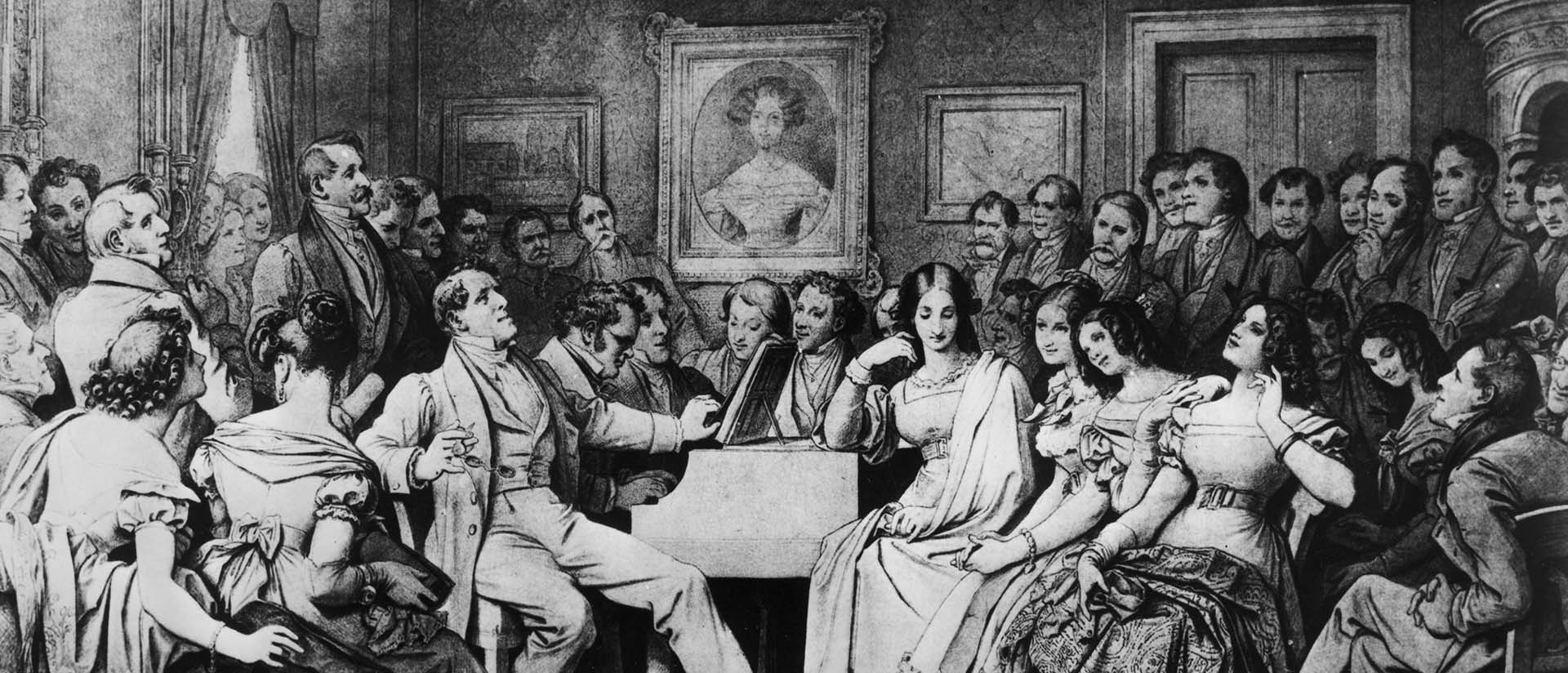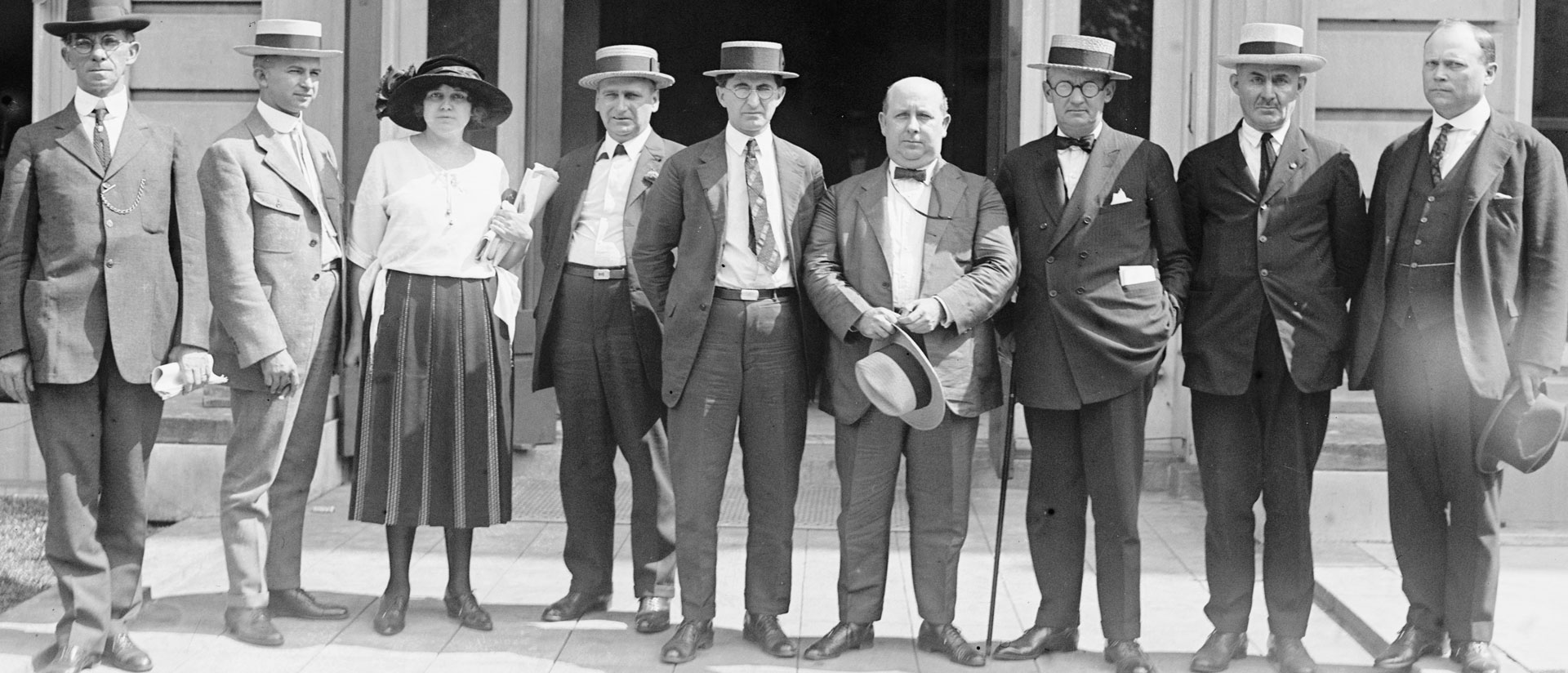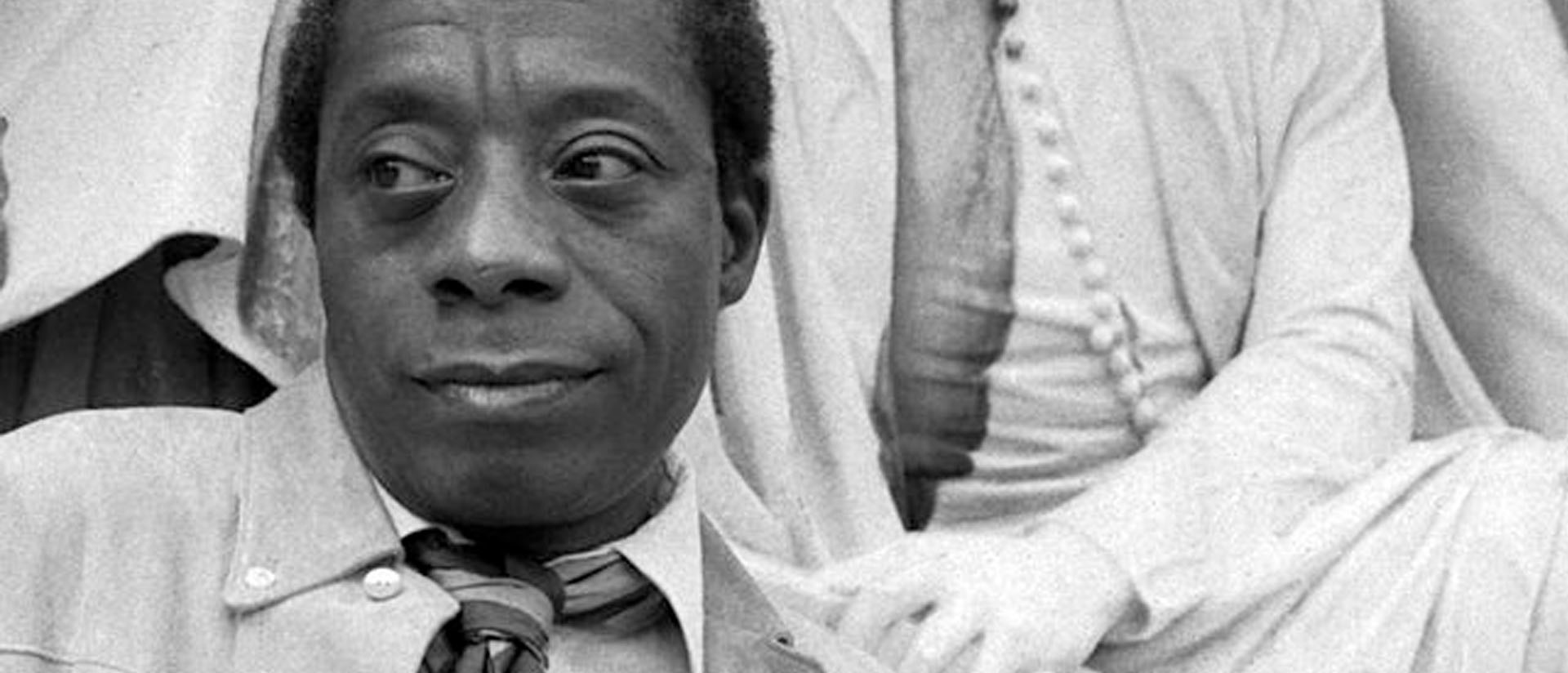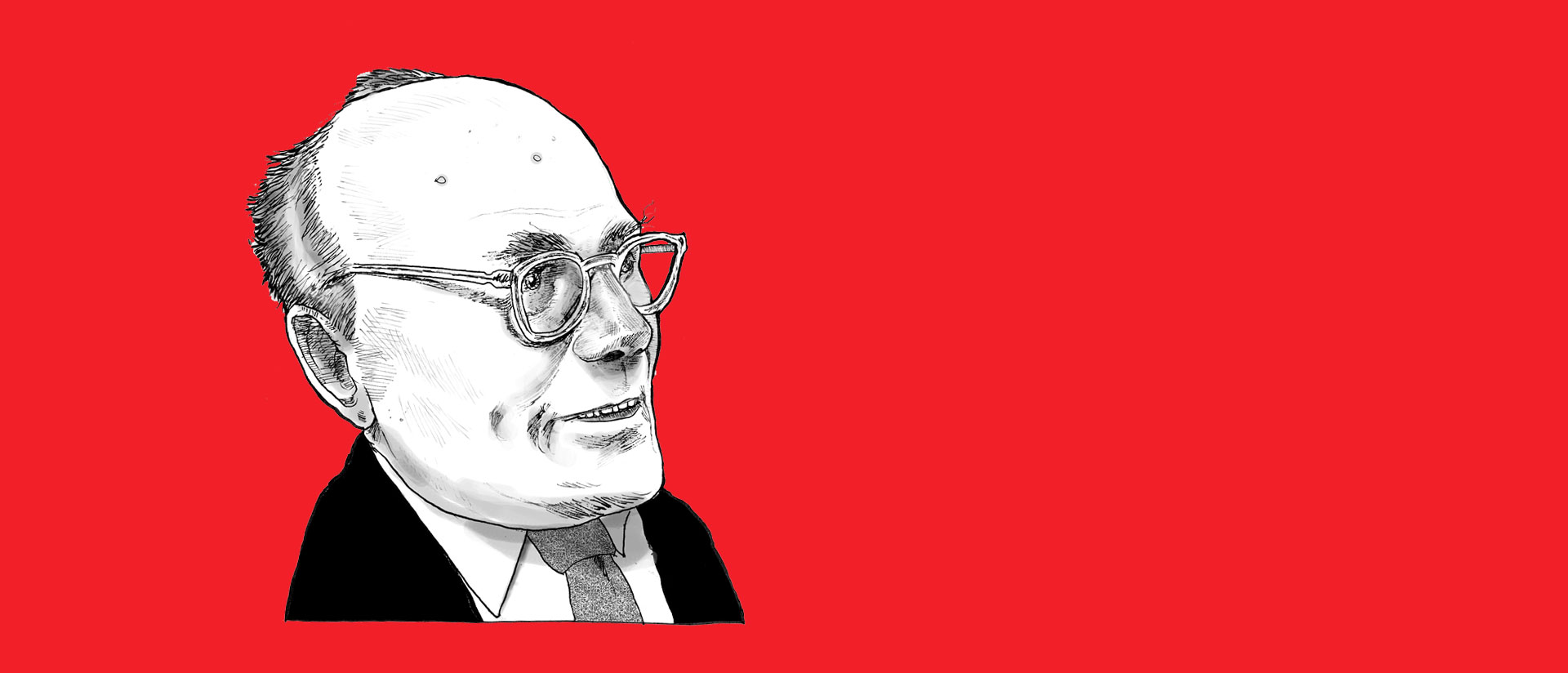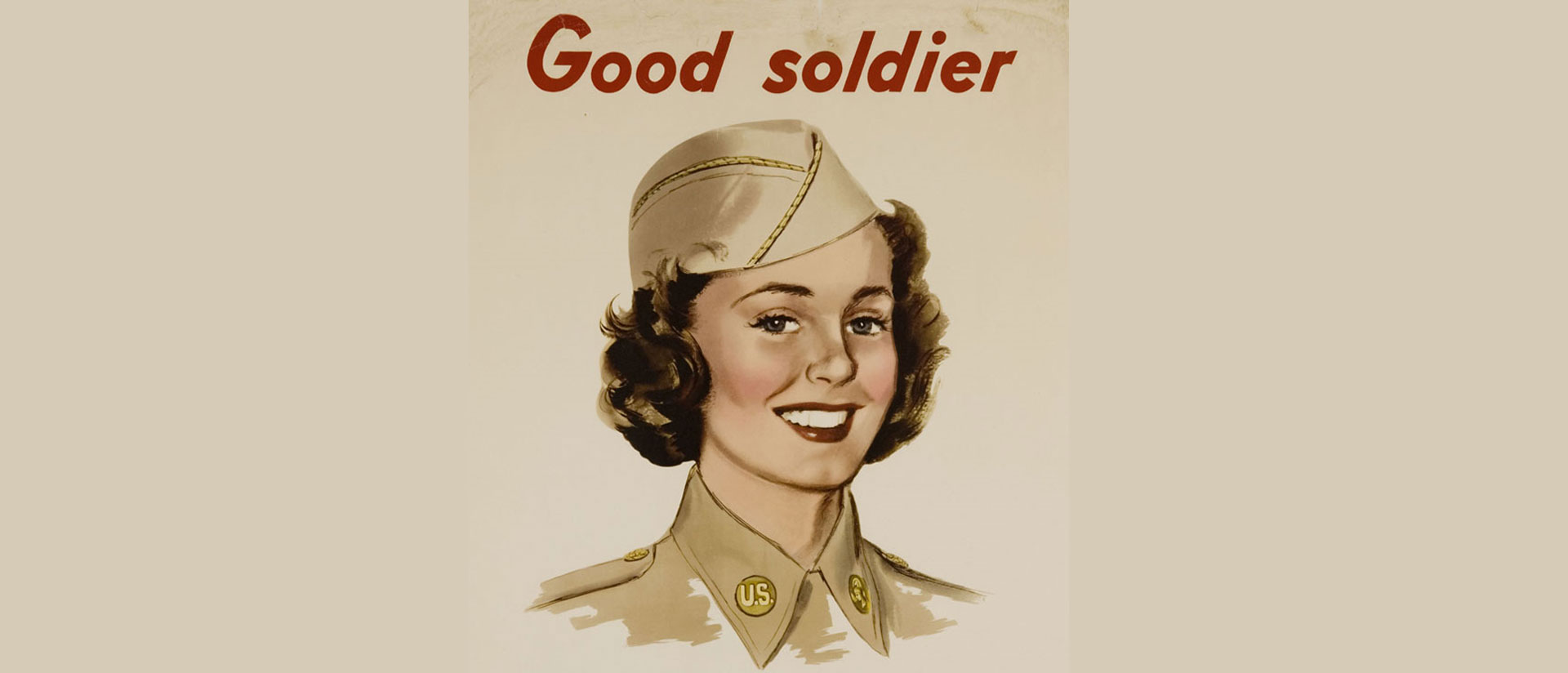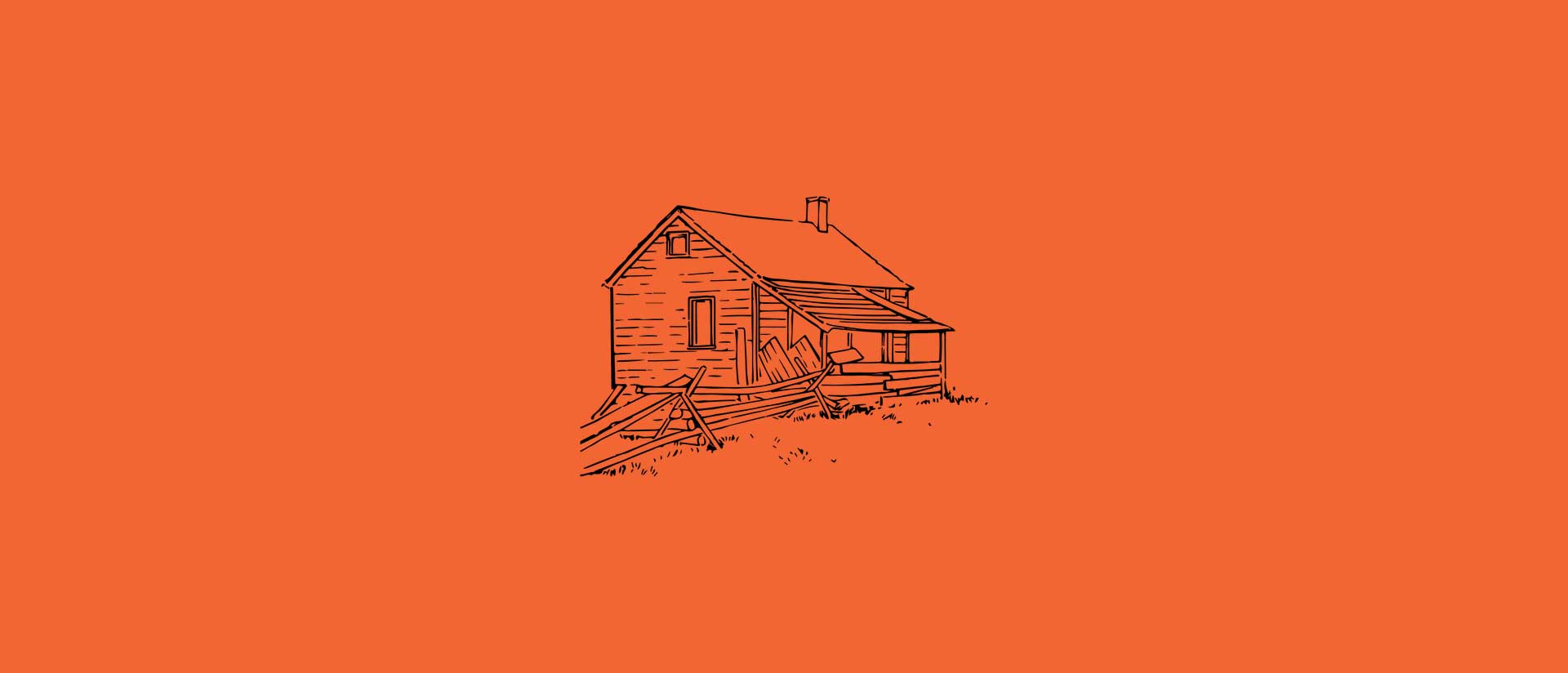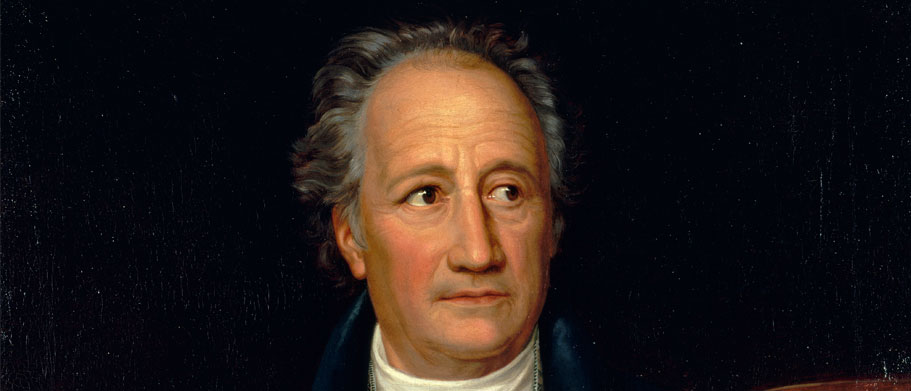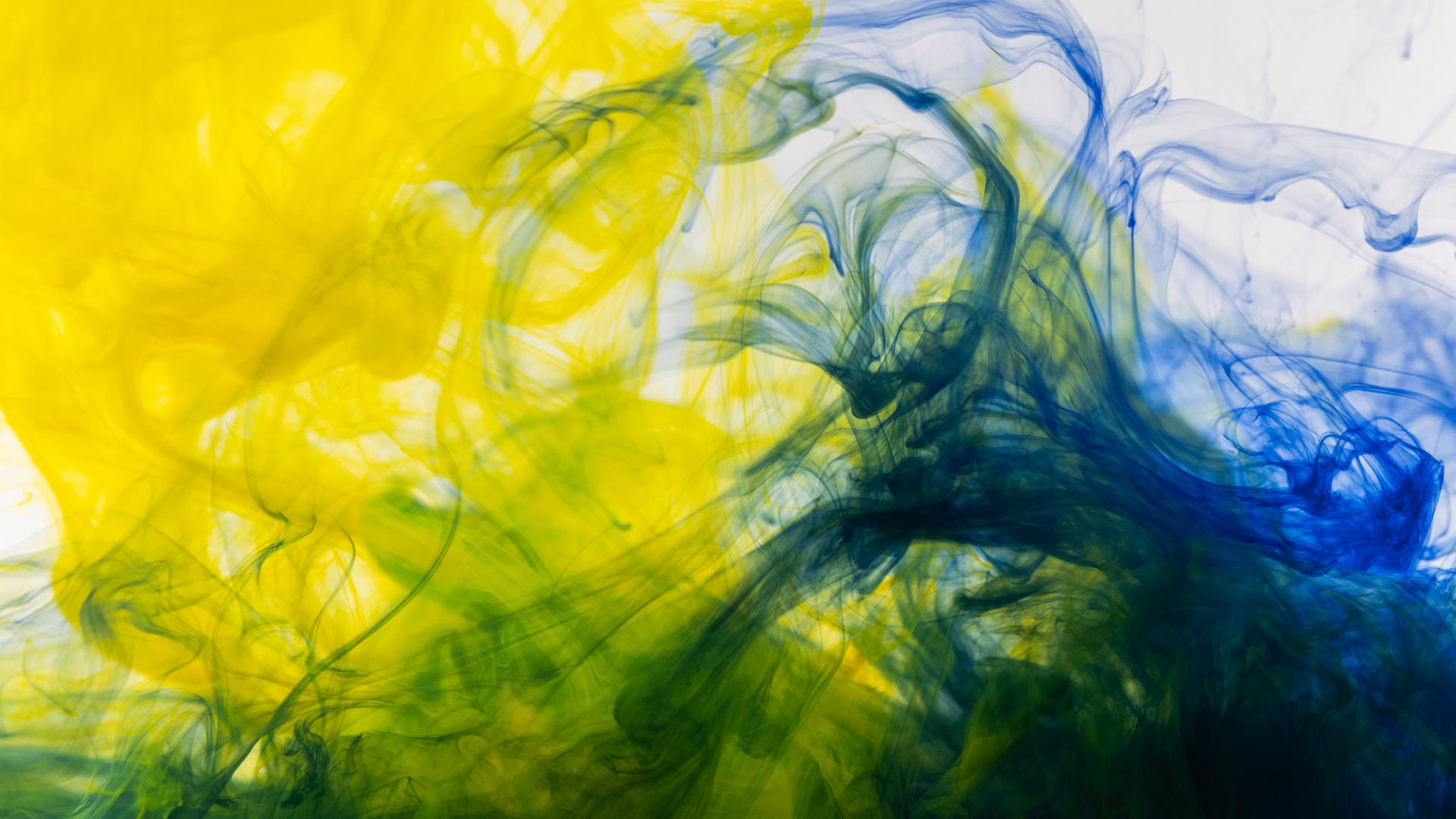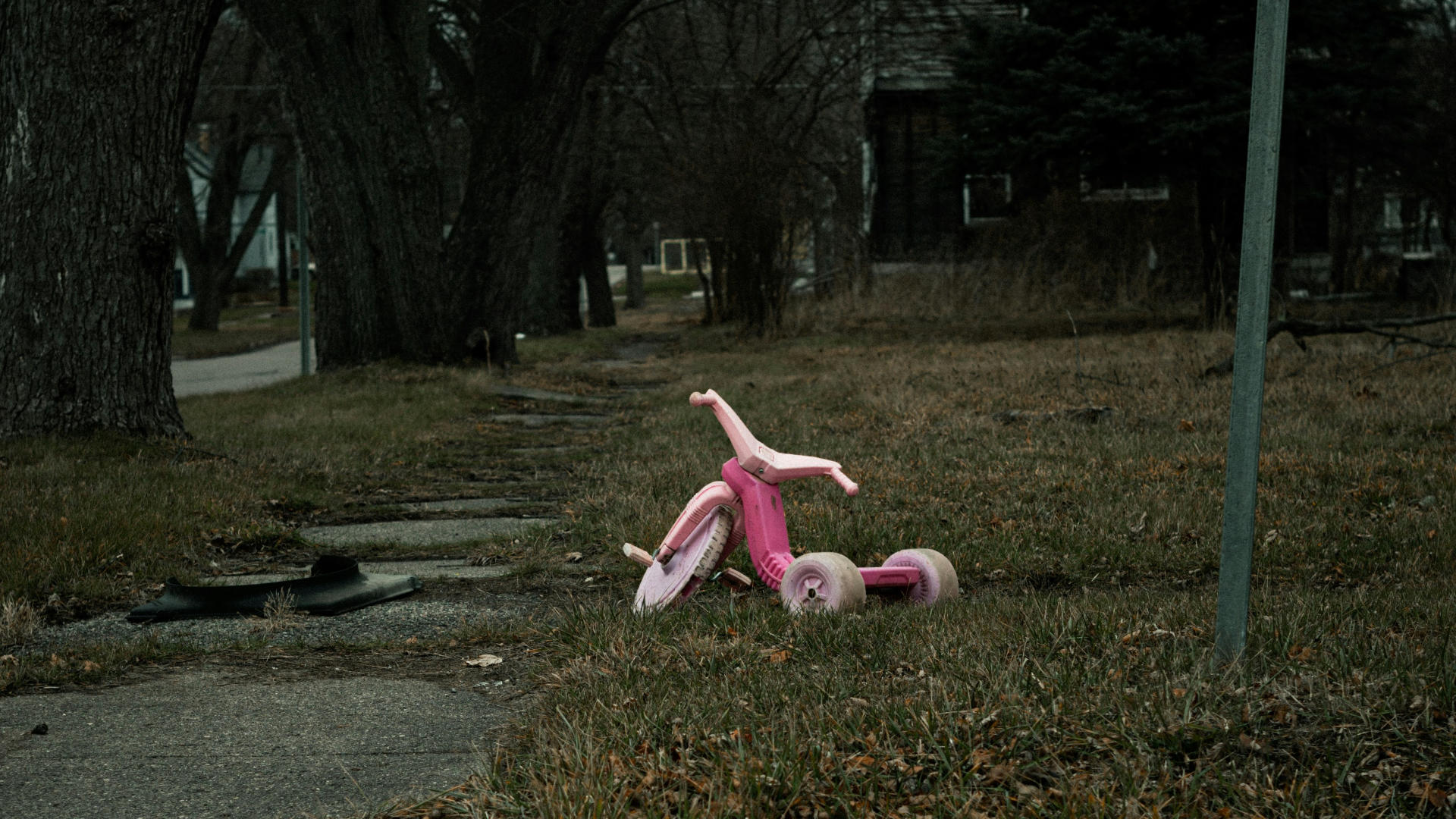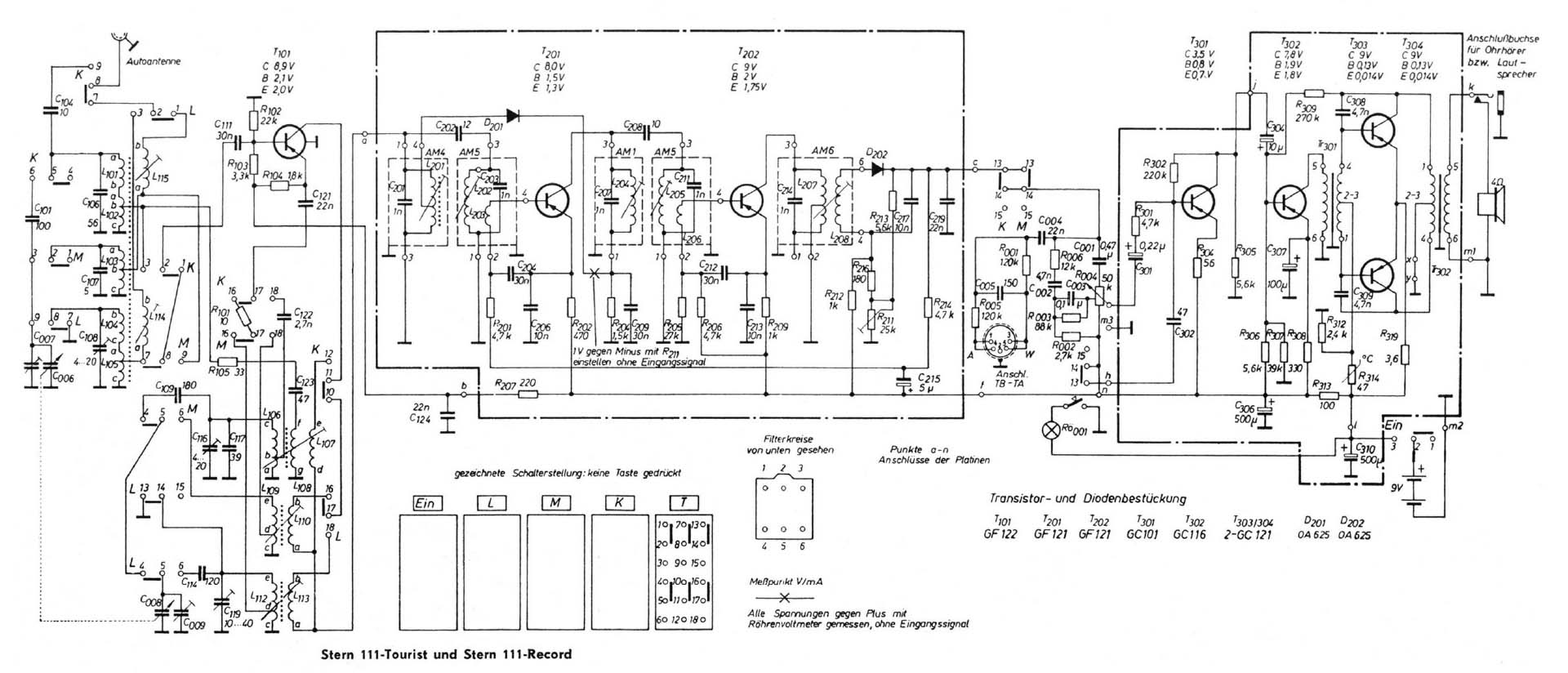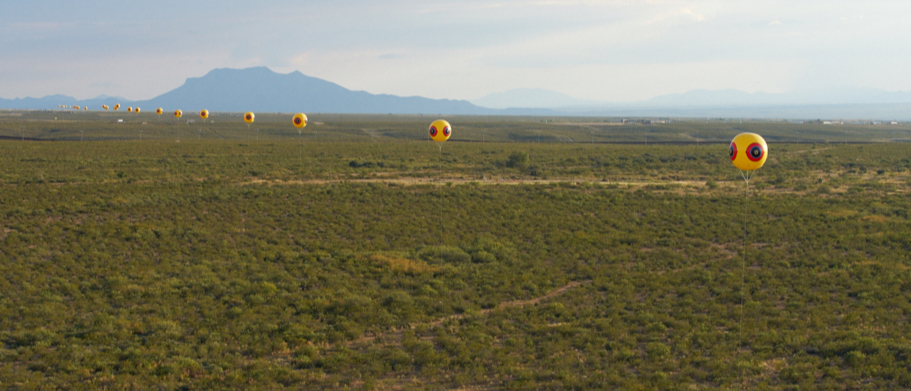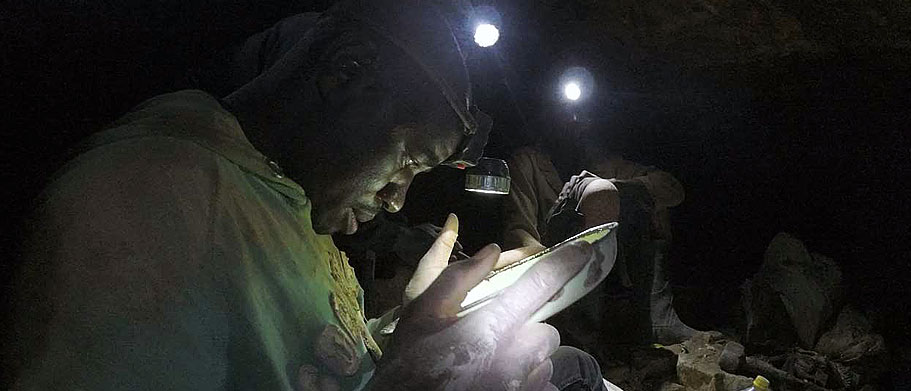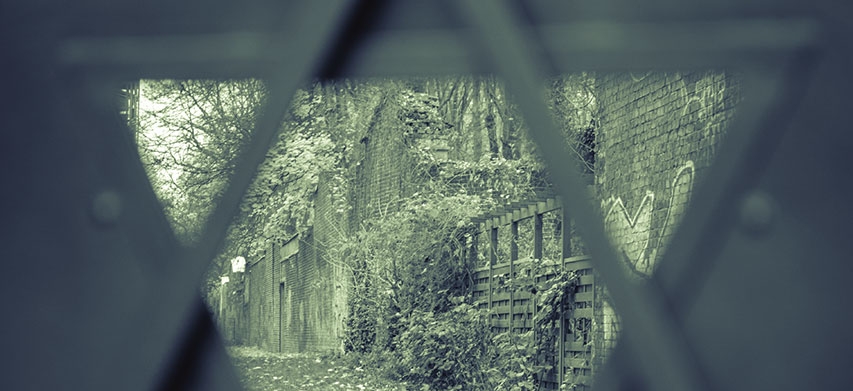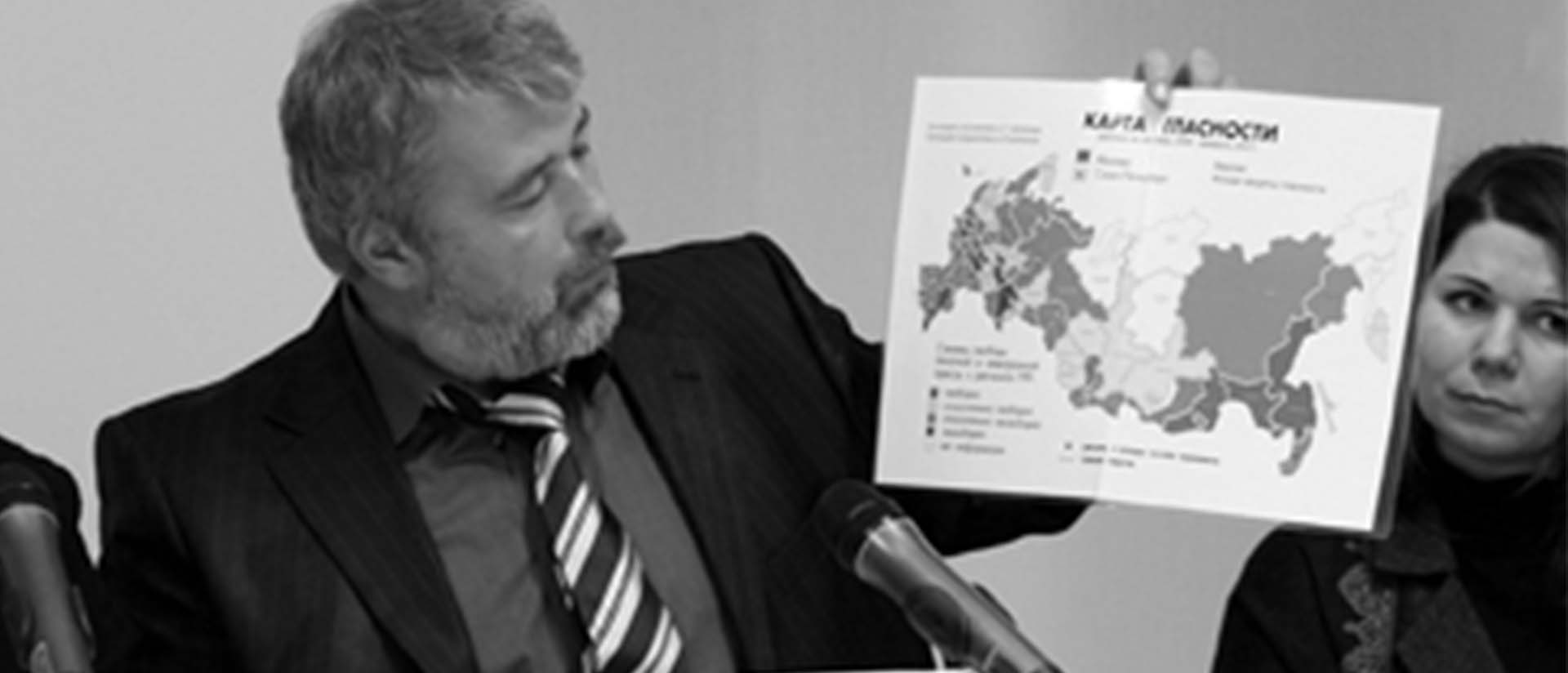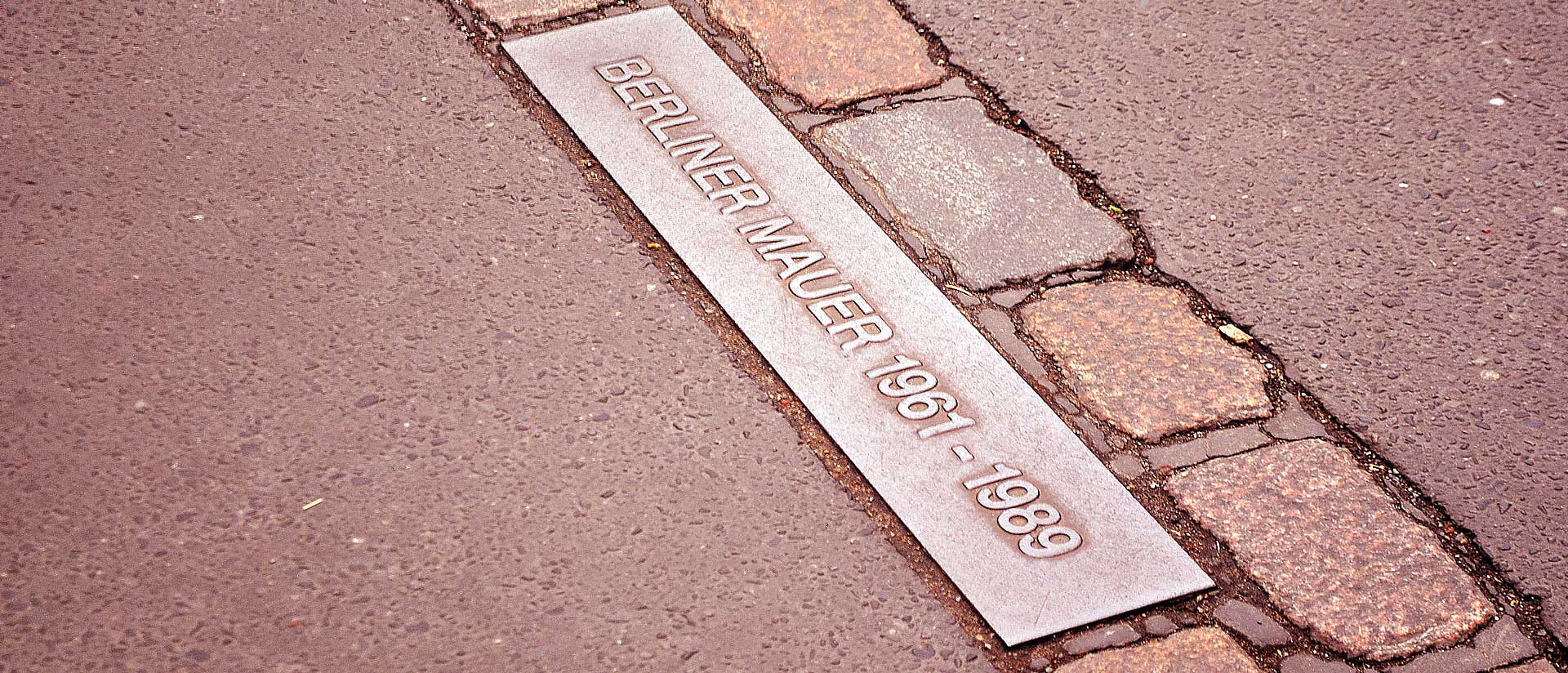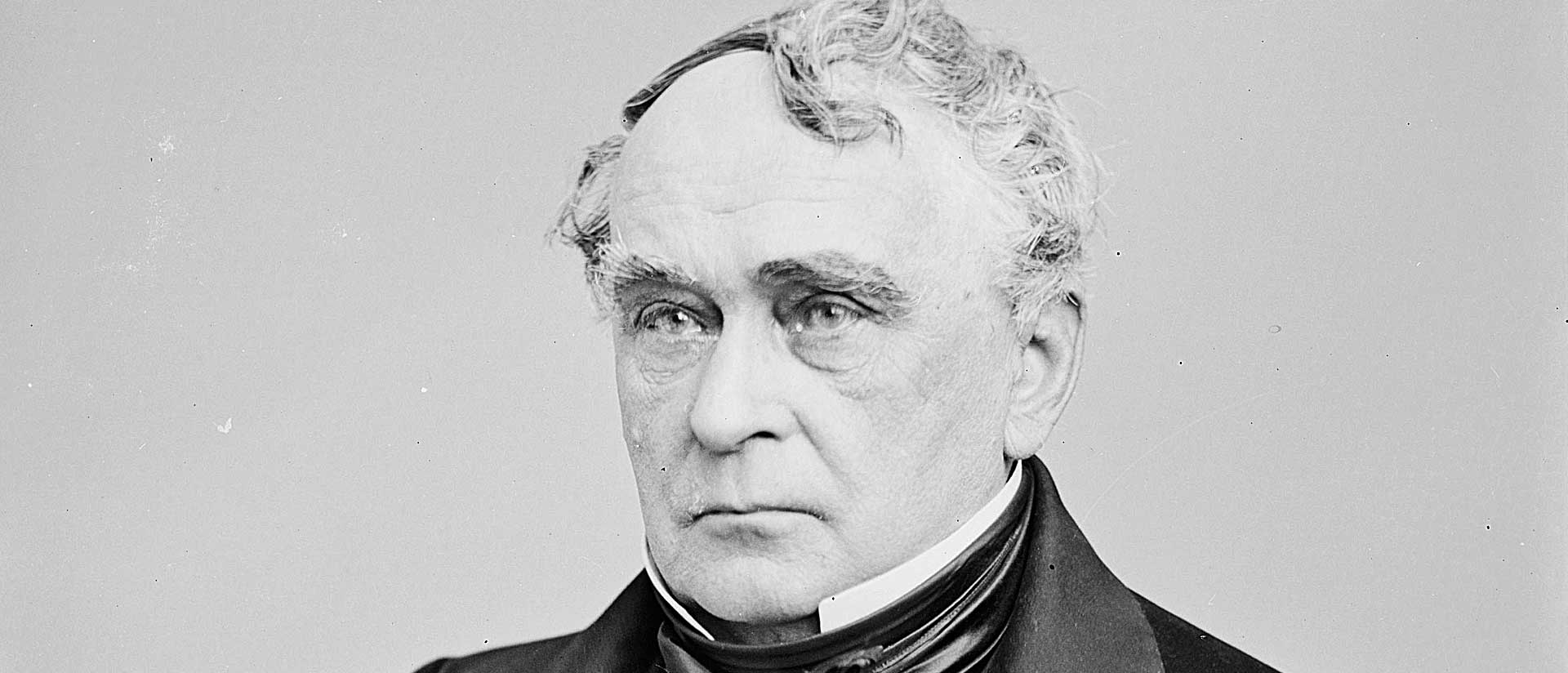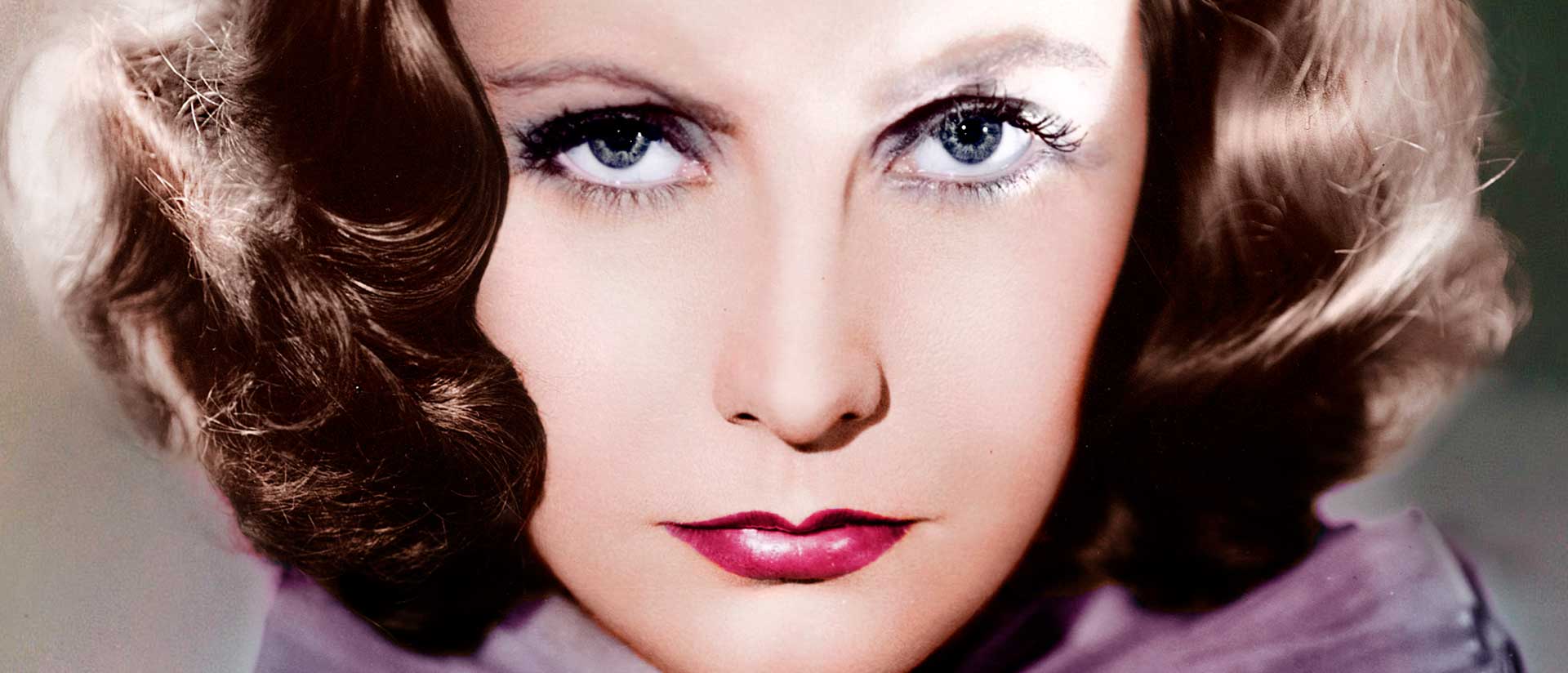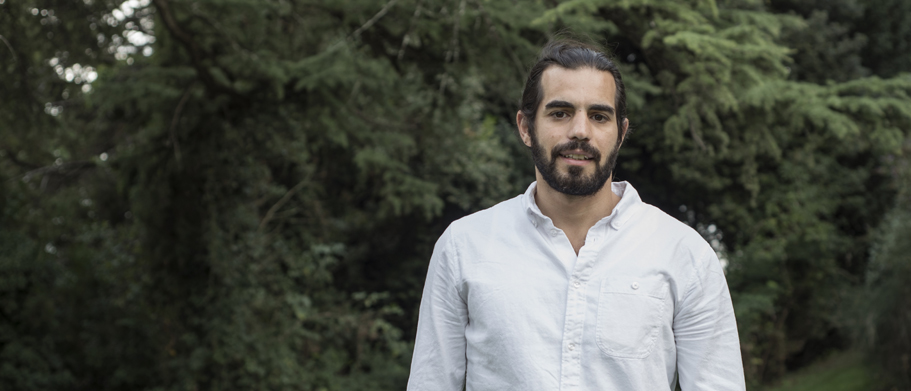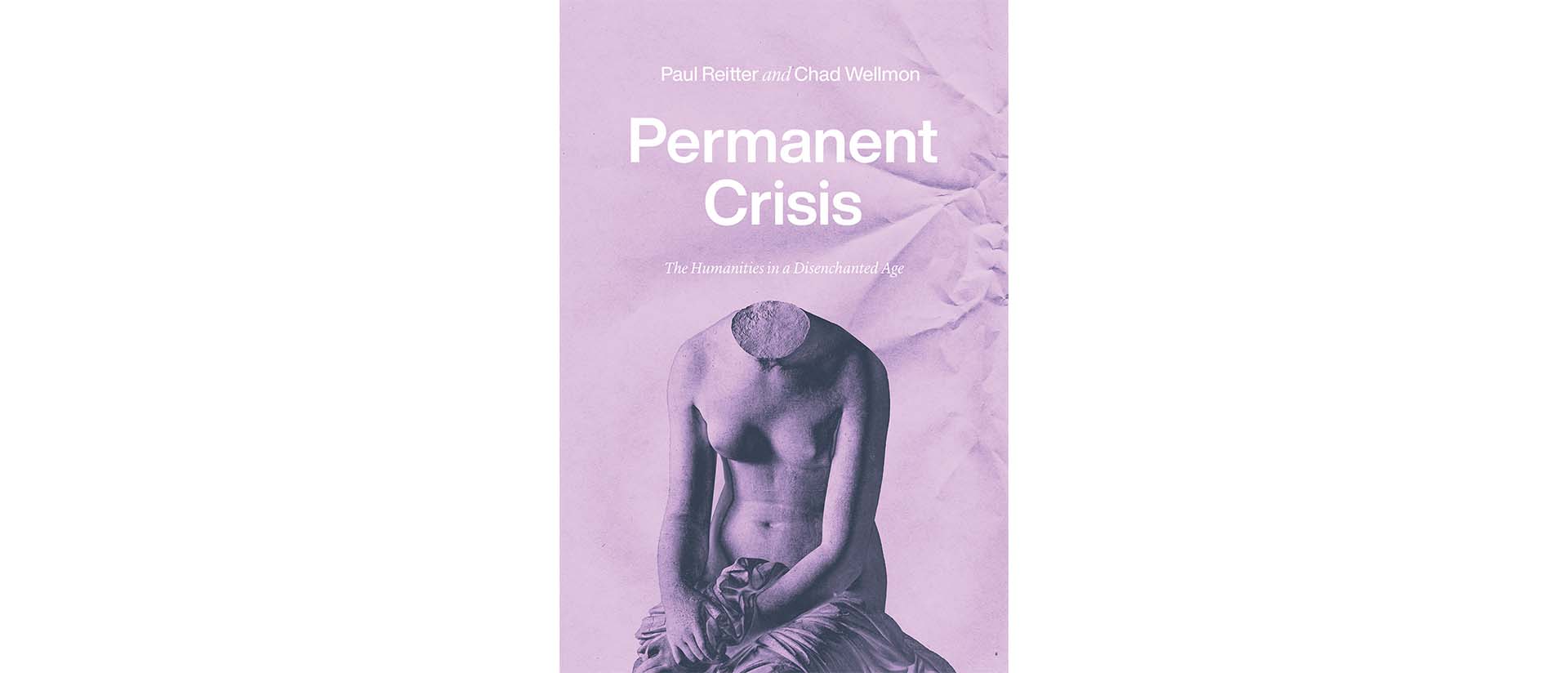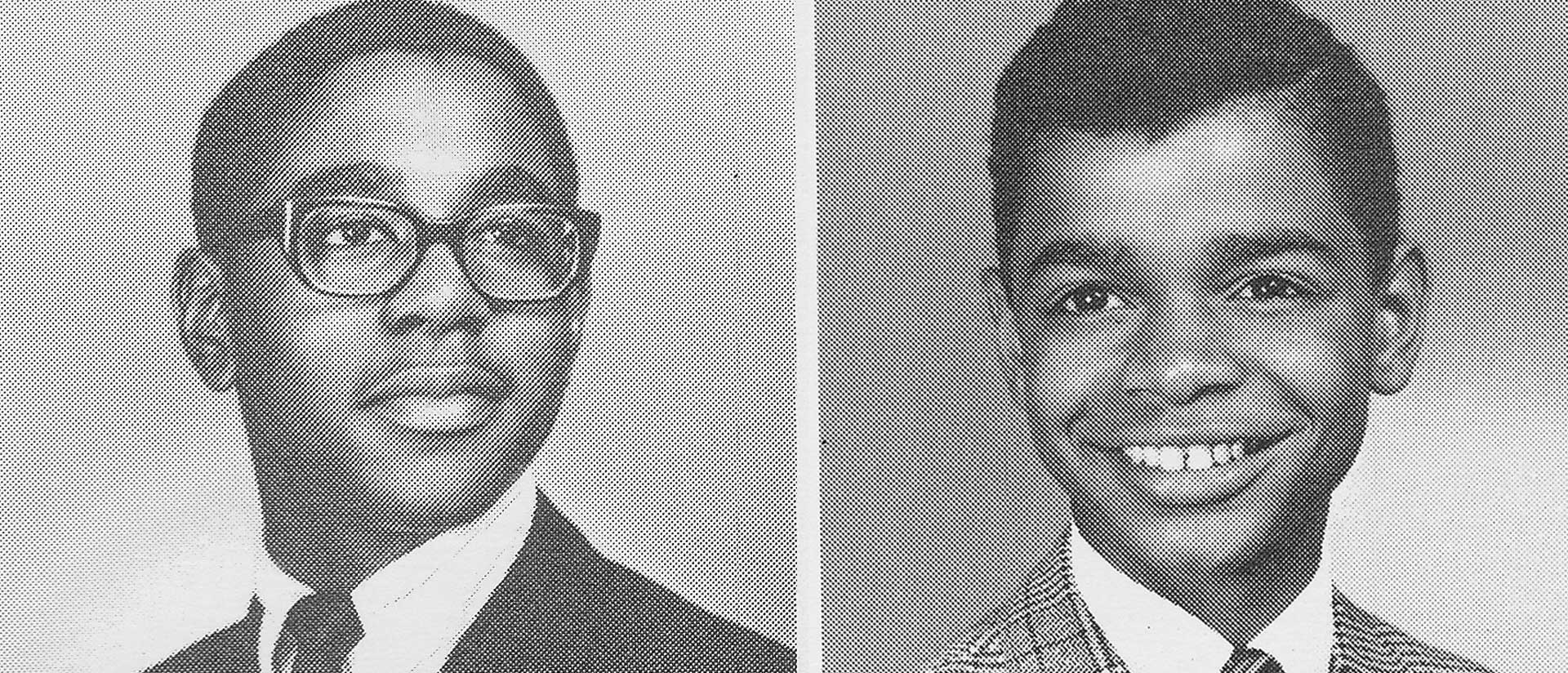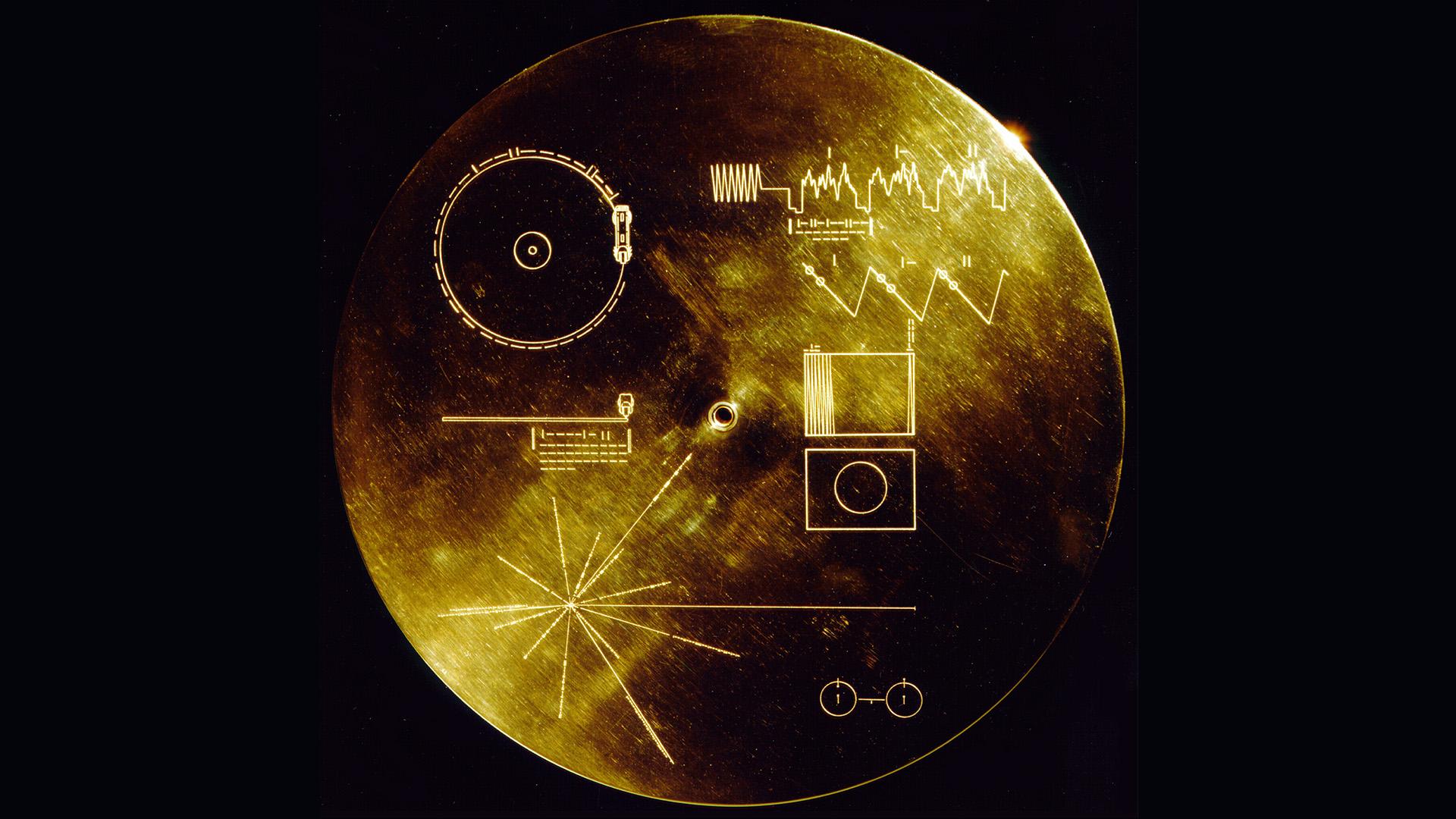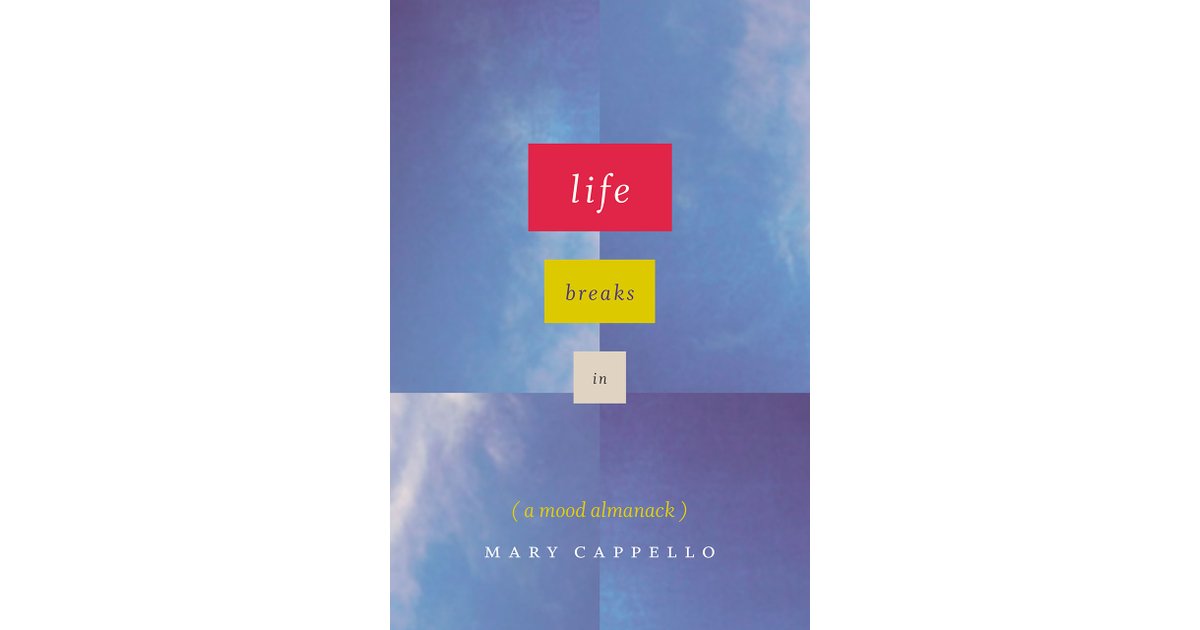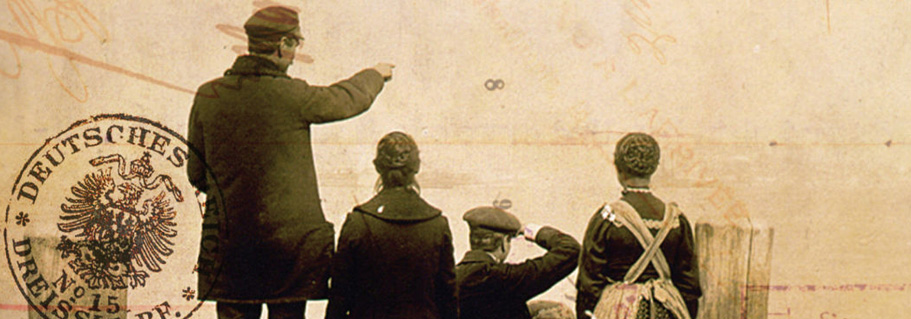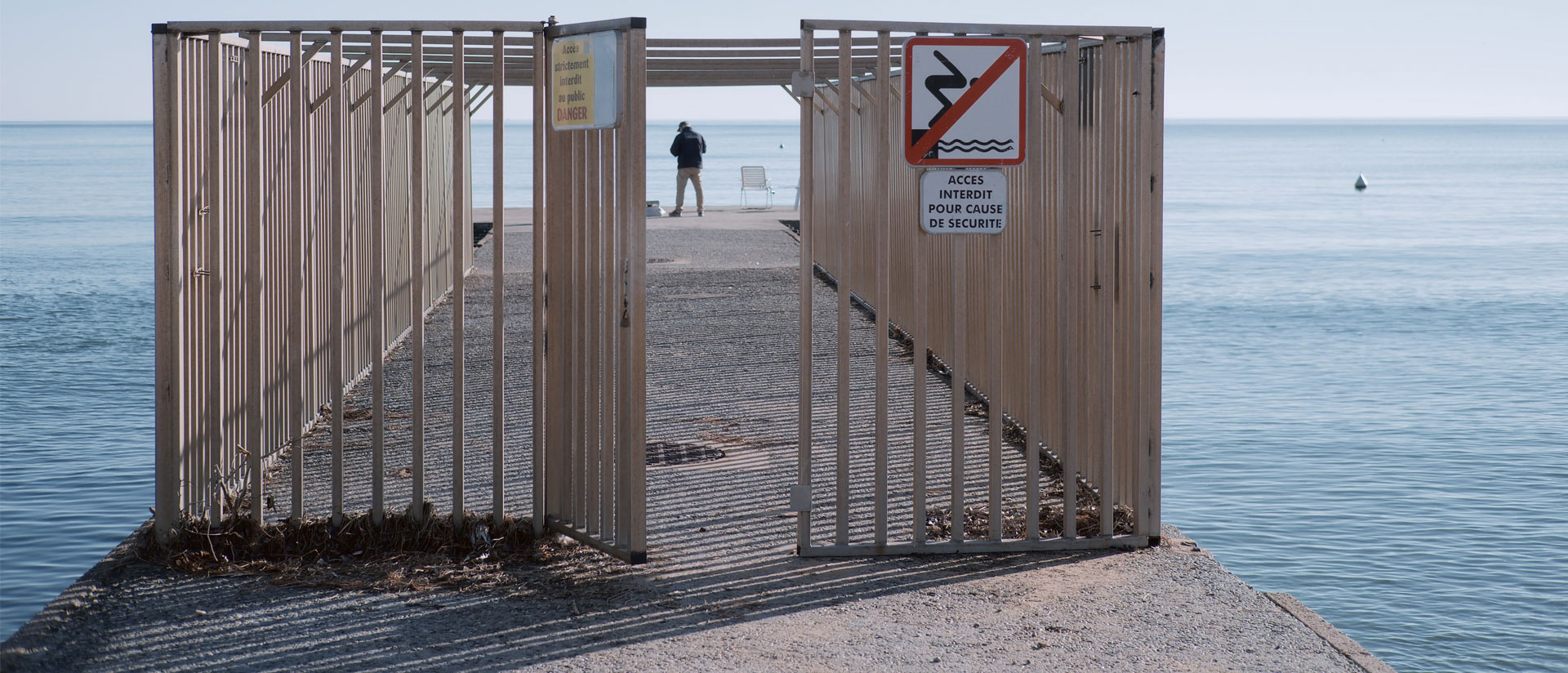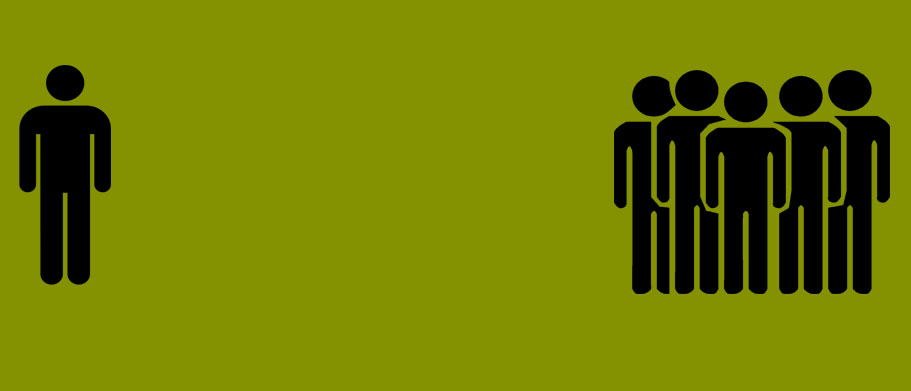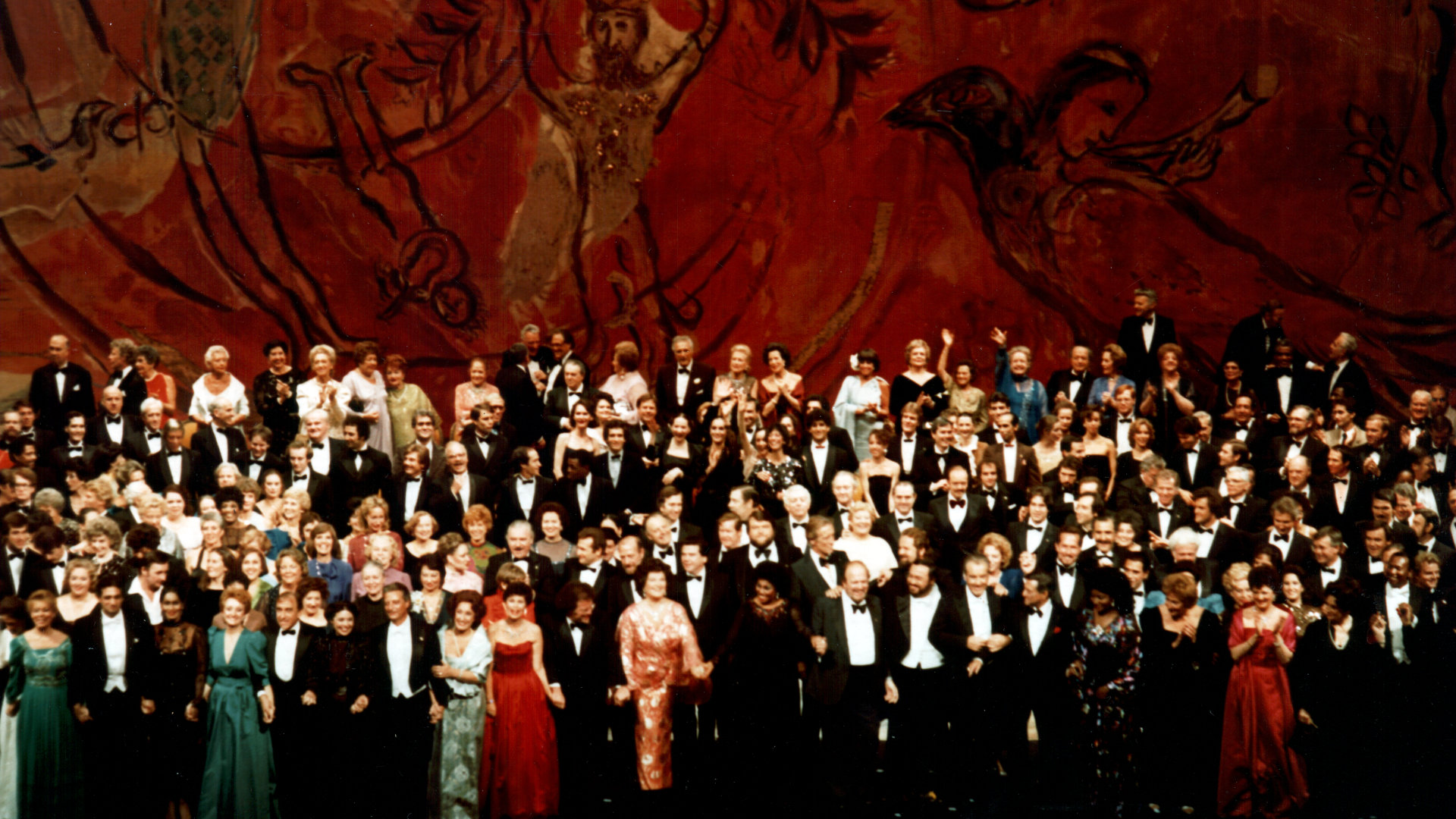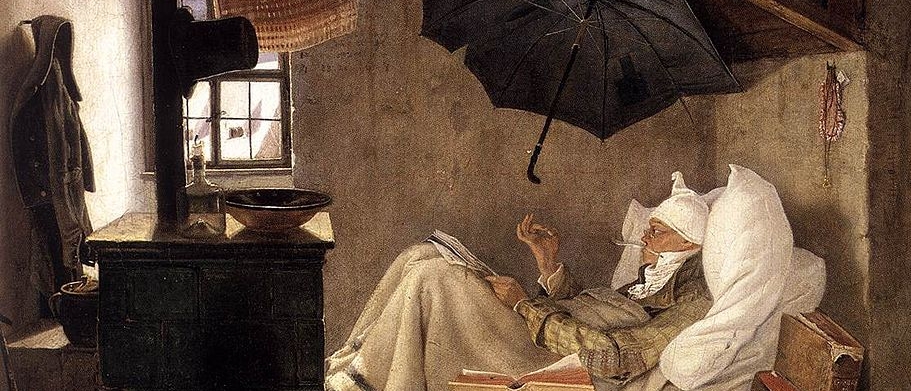
The Deuter Institute
Adventures in the familiar
by Hari Kunzru
I think it is possible to track the onset of middle age exactly. It is the moment when you examine your life and instead of a field of possibility opening out, an increase in scope or proliferation, you have a sense of waking from sleep or being washed up on shore, newly conscious of your surroundings. So this is where I am, you say to yourself. This is what I have become. It is when you first understand that your condition—physically, intellectually, socially, spiritually, financially—is not absolutely immutable, that what has already happened will, to a great extent, determine the rest of your story. What you have done cannot be undone, and much of what you have been putting off for later will never get done at all. Your strength and ingenuity have revealed their limits. You can see a time in the future when you will need to rest. In short, your time is a finite and dwindling resource. From this moment on, whatever you are doing, whatever joy or intensity or whirl of pleasure you may experience, you will never shake the almost-imperceptible sensation that you are travelling on a gentle downward slope into darkness.
It was in this state that I arrived in Berlin the next day to begin a three-month residency at the Deuter Institute, out in the far western suburb of Wannsee. It was just after New Year, and the wheels of the taxi crunched down the driveway over a thin crust of snow. As I caught my first glimpse of the villa, emerging from behind a curtain of white-frosted pines, it seemed like the precise objective correlative of my emotional state, a place that I recognized from some deep and melancholy place inside myself. The house was large but unremarkable, a sober construction with a sharply pitched, grey-tiled roof and a pale facade pierced by rows of tall windows. Its only extravagance was a glass-walled modern annexe that extended out from one side, an open space that seemed to be some kind of administrative center.
I paid the driver and staggered up the stairs with my bags. Before I could ring the bell, there was a buzzing sound, and the door opened onto a large, echoing hallway. I stepped through it like a prince entering some fairytale ogre’s lair, but instead of a sleeping princess, I was greeted by a jovial porter. His effusive warmth seemed at odds with the somber surroundings. Had I had a pleasant journey? Would I like some coffee? If I needed anything, anything at all, I had merely to ask. I assured him that my only desire was to wash up and take a look at my office.
“Of course,” he said. “Please allow me to help you with your cases.”
We took an elevator to the third floor, where he showed me in to a sort of luxurious garret. The space was clean and bright and modern, with pine furniture and crisp white sheets on the bed, tucked under the sloping beams of the roof. The heaters were sleek rectangular grids, the windows double-glazed. In one corner was a little kitchenette, with hotplates and a fridge. A door led through to a well-appointed bathroom. Despite these conveniences, the room had an austere quality that I found pleasing. It was a place to work, to contemplate. When the Institute had contacted me to offer me the fellowship, I had immediately pictured myself as the “poor poet” in a nineteenth-century painting I’d once seen on a visit to Munich. The poet sits up in bed wearing a white sleeping cap, edged in gold thread, with gold-rimmed spectacles perched on his nose, and a quill clamped between his jaws, like a pirate’s cutlass. His attic room has holes in the windows and is obviously cold, since he’s bundled up in an old dressing gown, patched at one elbow. He has been using pages from his own work to light the fire, which has now gone out. His possessions are meager: a hat, a coat, and a stick, a candle stub in a bottle, a wash basin, a threadbare towel, a torn umbrella hanging from the ceiling. Around him books are piled upon books. Flat against his raised knees he holds a manuscript, and with his free hand he makes a strange gesture, pressing thumb against forefinger. Is he scanning a verse? Crushing a bedbug? Or is it a hole, an absence? Could he be contemplating the meaninglessness of existence, nothingness, the void?
The poet does not care about his surroundings, or if he does, he’s making the best of things. He is absorbed in his artistic labor. This was how I wanted to be, who I wanted to be, at least for a while. The Institute’s full name was the Deuter Institute for Social and Cultural Research. Its founder, an industrialist with a utopian streak, had endowed it with a minor part of a fortune made during the years of the postwar economic miracle, with the vague aim of fostering what he termed “the full potential of the individual human spirit.” In practical terms, this meant that throughout the year a floating population of writers and scholars were in residence at the Deuter family’s old lakeside villa, catered to by a staff of librarians, cleaners, cooks, and computer technicians, all dedicated to promoting an atmosphere in which the fellows could achieve as much work as possible, without being burdened by the practical aspects of daily existence.
I unpacked my cases and put my toiletries in the bathroom. As I moved around, I could feel my spirits lifting. The view from my window was starkly beautiful. A snowy lawn led down to the shore of the lake, where an iron fence marked the boundary of the property. Beyond it, a few small boats, their decks sheathed in plastic covers, were tied up at a little pier. The surface of the water was grey and gelatinous, undulating rather than rippling in the light wind. When I opened the window, I could hear an eerie clinking sound, incongruously like alpine cow bells, which I realized must be the aluminum rails and ladders of the boats knocking against their moorings. I thought about some lines from Hölderlin:
Die Mauern stehn
Sprachlos und kalt, im Winde
Klirren die Fahnen
The walls stand speechless and cold, the weather-vanes clatter in the wind. I was pleased, even a little smug, that this line had sprung so easily to mind. It was apposite in many ways. Its presence in my consciousness, so available to be applied to the view from my window, suggested that even before I’d formally begun it, my project at the Institute was already under way.
My proposal had been titled “The Lyric I.” Though most of my published critical work concerned prose fiction, I had decided to write about the construction of the self in lyric poetry. I wrote about the lyric as a “textual technology for the organization of affective experience, and a container in which modern selfhood has come to be formulated.” This sounded important and good. I quoted Madame de Staël on the difference between the self in lyric poetry and fiction:
Lyric poetry is expressed in the name of the author himself; no longer is it borne by a character. […] Lyric poetry recounts nothing, is not confined by the succession of time, nor by the limits of place. It spreads its wings over countries and over ages. It gives duration to that sublime moment in which man raises himself above the pleasures and pains of life.
I noted, along with Adorno, that “lyric expression, having escaped from the weight of material existence, should evoke images of a life free from the coercion of reigning practices, of utility, of the relentless pressures of self preservation.” I agreed with Hegel that “the content is not the object but the subject, the inner world, the mind that considers and feels, that instead of proceeding to action, remains alone with itself as inwardness and that therefore can take as its sole form and final aim the self-expression of subjective life.”
I have a friend whose relationship advice I used to take until I realized that he was a solipsist. If he told me that I ought not to have an affair, as to do so would be very destructive to my marriage, it was because just then he needed to hear someone else say that to him. Instead of addressing whatever issue I’d raised (which could have been something completely different) he was essentially conducting an argument with himself, against his current impulse to cheat on his wife. When the Institute accepted my proposal, and I was forced to reread it and consider it as a piece of work that might actually have to be executed, I realized that it had precisely this character. Deep down I had no real desire to understand how lyric poets had historically experienced their subjectivity. I wasn’t that interested. It was a piece of wishfulness, an expression of my own desires, the desire to be raised above the pleasures and pains of my life, to be free from the coercions of a toddler, the relentless pressures, financial and social, of living in New York. I wanted to remain alone with myself as inwardness. I wanted, in short, to take a break.
I showered and changed, and took the elevator down to the lobby. I knocked on the glass door of the porter’s lodge and asked to be shown to my office. The jovial porter walked me through a large reception room, hung with abstract paintings, descendants of the kind of work that used to be exhibited in West Berlin as evidence of American vigor and creative liberty. We passed a dining room with French windows giving out onto a snow-covered terrace. Beyond the dining room was a glass door which led to the annex I’d seen from the taxi, a large open space with desks and filing cabinets arranged in little clusters, atolls of wood and metal on a sea of blue carpet tile. I assumed this was where the administrative staff worked, so I was surprised when the porter tapped his keycard on the door and gestured for me to step inside.
“Here,” he said. “You’ll find everything you need.”
I told him I didn’t understand.
“Your workstation. You have a fast internet connection. The password is in your welcome pack. If you need the use of a computer, it will be the pleasure of the IT department to supply one.”
He demonstrated the task light, which switched on and off with a wave of the hand. I looked around at the other desks, some of them clean and bare, others with the tell-tale signs of regular occupation—books and papers, family photos, coffee cups. I don’t know what I’d expected. An oak-paneled library, an airy biomorphic pod. But the one constant to all my fantasies about my working life at the Institute had been privacy. Seclusion and a lockable door.
“I’m sorry. I can’t work here. I need to be alone.”
He looked blank.
“It will be impossible for me to concentrate.”
His blank look crumbled into one of intense sympathy, as if I’d just announced that I’d been bereaved, or diagnosed with a serious illness.
“Please don’t worry. It is always hundred percent quiet. The rules are very clear. It is strictly forbidden to talk. The atmosphere is like a library. If people must make phone calls or meetings, there is another space.”
“But it’s . . . ”
I realized I was embarrassed by what I was trying to say. When I was younger, I’d worked in many public places, university libraries, even coffee shops. The question of noise wasn’t at the heart of the creeping horror I felt. The desk I’d been assigned was in the middle of the room. As I wrote, people would be moving around behind me, out of my view. Other “workstations” (the porter’s neologism had stuck in my mind) were located nearby, in positions where I would be able to see their occupants’ screens. My own screen would be visible to others, perhaps not close enough to read a piece of text, but certainly close enough to judge whether it displayed a word document or a video playing on a social media site. I myself would be visible from every angle. My body, my posture. I have a visceral dislike of being watched while I write, not just because the content might be private, but because all the things one does while writing that are not actually writing—stretching, looking out into space, browsing the Internet—seem somehow shameful if they’re monitored by others.
Somewhere in Sartre’s Being and Nothingness, the writer imagines himself as a peeping Tom in a darkened corridor, terrified by the sudden possibility that he’ll be caught, that the Other (that important philosophical personage) will shine a flashlight on him and reveal his shame. As long as he feels he’s unobserved, he is a pure consciousness, existentially free. As soon as there’s even the possibility of observation—a rustling sound, a footstep, or the slight movement of a curtain—all his freedom vanishes. “Shame,” he writes,
is shame of self. It is the recognition that I am indeed that object which the Other is looking at and judging. I can be ashamed only as my freedom escapes me in order to become a given object. […] I am in a world which the Other has made alien to me.
I knew that many, even most people, had working lives that included this kind of alienating surveillance, as a matter of course. The police function of the open plan office is not news to anyone who’s ever worked in one. At the bottom end of the scale, the intensity is much higher. In a call center or at a shipping warehouse, bathroom breaks are monitored, work rate is quantified, and penalties are imposed on those who fall behind. But none of this applied to me. I was a scholar who had won a prestigious competitive fellowship. I certainly didn’t need to be nudged or pushed along by The Other. The workstation was a kind of insult, a lowering of my status. It was unacceptable.
I told the porter that under no circumstances would I ever write in that space. My room was very comfortable. I would be perfectly happy to work in there.
He looked uneasy.
“Of course,” he said. “You must do as you wish.”
Writer Hari Kunzru spent the spring of 2016 in residence as the Mary Ellen van der Heyden Fellow in Fiction. Published in the Berlin Journal 30, Fall 2016, pp. 34-37.


